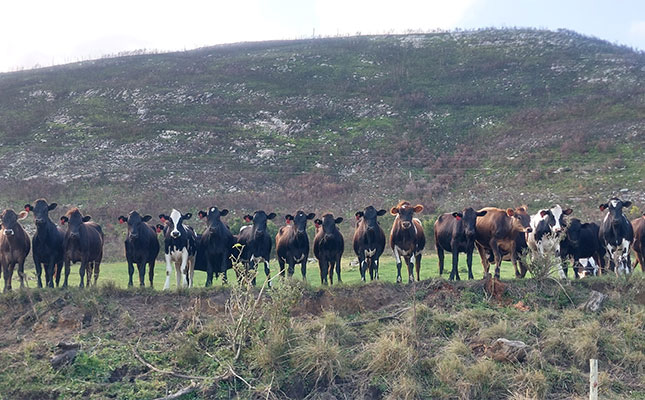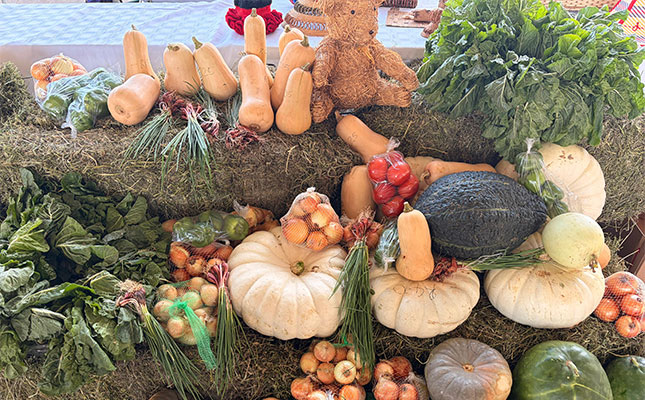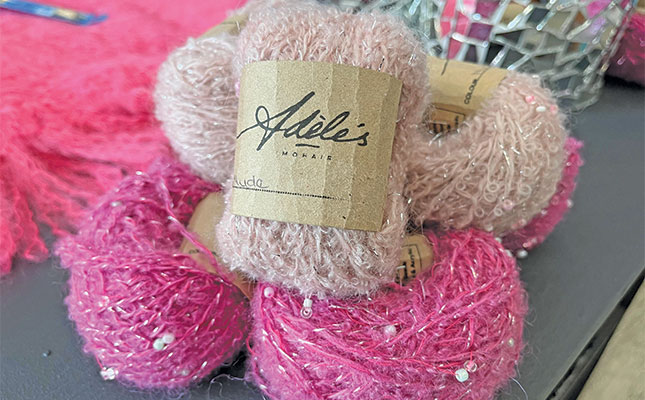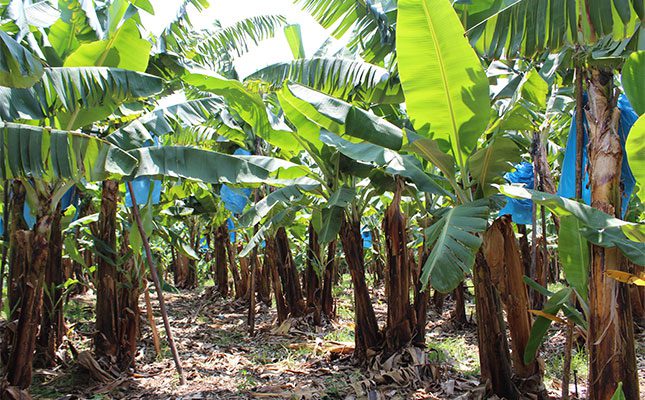
Climate mitigation
Anel Andrag, research and development manager at South Africa Wine, said that the industry was researching ways to alleviate the impact of extreme weather on production.
This research ranged from the evaluation of the impact of water stress on different varieties, rootstocks and root growth, to the evaluation of technologies aimed at measuring water stress and improving water-use efficiency.
“Our previous research in Stellenbosch, Vredendal and Worcester revealed that less water [can be used] without having a negative impact on wine grape production or quality,” she said.
Breeding climate-resilient plants was also a tool being used to futureproof production.
In this regard, Andrag said that the industry was not only looking for varieties that were more drought tolerant, but also more disease tolerant in response to the diminishing number of accepted products that could be used.
“Farmers not only have to adapt to climate change, but also have to juggle increasing demands concerning the products they use,” she explained.
One of the biggest challenges with new varieties was their unfamiliarity.
“Marketing these new or lesser-known varieties will be difficult. But we have no choice; the industry will have to switch to varieties that are more climate resilient.”
Research was also being done on ways to improve the water footprint of wineries and wastewater management.
Skills shortages
Kachné Ross, people and skills development manager at Wine SA, spoke about how the industry aimed to address skills shortages and upskill workers through a cloud-based program called the South African Winery Learner Management Solution.
“Anyone can go onto this platform and find training opportunities and career paths that address their needs. The idea behind the platform is to allow workers, and the industry, to take responsibility for their future,” Ross said.
Conrad Schutte, CEO of Vinpro, emphasised the importance of trained and skilled workers.
“We have seen that one of the things that set top-performing producers apart from those who are struggling financially is that [the former’s] workers know what they have to do, [and] why they have to do it.”
He added that this was important as labour represented almost 40% of farm input costs.
Tourism
Marissah Nieuwoudt, wine tourism manager at Wine SA, spoke about how the wine tourism industry had rebounded after the COVID-19 pandemic, and the potential of wine tourism to improve the sustainability of wineries and to create jobs.
She said that South African wineries were investing in tourism to create an elevated, authentic wine tasting experience that created a connection between the visitor and the winery.
“We see that people are moving away from online tastings to face-to-face tasting, with the new food tourism trend aiding wine tourism as evident from the fact that several of South Africa’s top restaurants are also on wine farms.”
She said that the trend towards lower and zero alcohol wine came from a very low base, so should be seen in perspective.
“We are seeing that generation Z is drinking less wine, but we are also seeing that they are drinking more expensive wines. Hence, they are much more focussed on quality than the previous generations, with sustainability and the social ethos behind the products they consume also being important.”
Maryna Calow, communications manager at Wine SA, emphasised the importance of creating the right perception about South African wines, considering South Africa was the ninth largest wine producer in the world, but only accounted for 3,5% to 4% of the world’s wine.
“After deregulation, people exported lots of wine at cheap prices, which gave us a cheap and cheerful reputation. Today, our wines are comparable with the best in the world and produced in an ethically and socially responsible manner. The industry can no longer afford to be seen as cheap, and not even value for money, anymore.”
Get trusted farming news from Farmers Weekly in Google Top Stories.
➕ Add Farmers Weekly to Google ✔ Takes 10 seconds · ✔ Remove anytime










